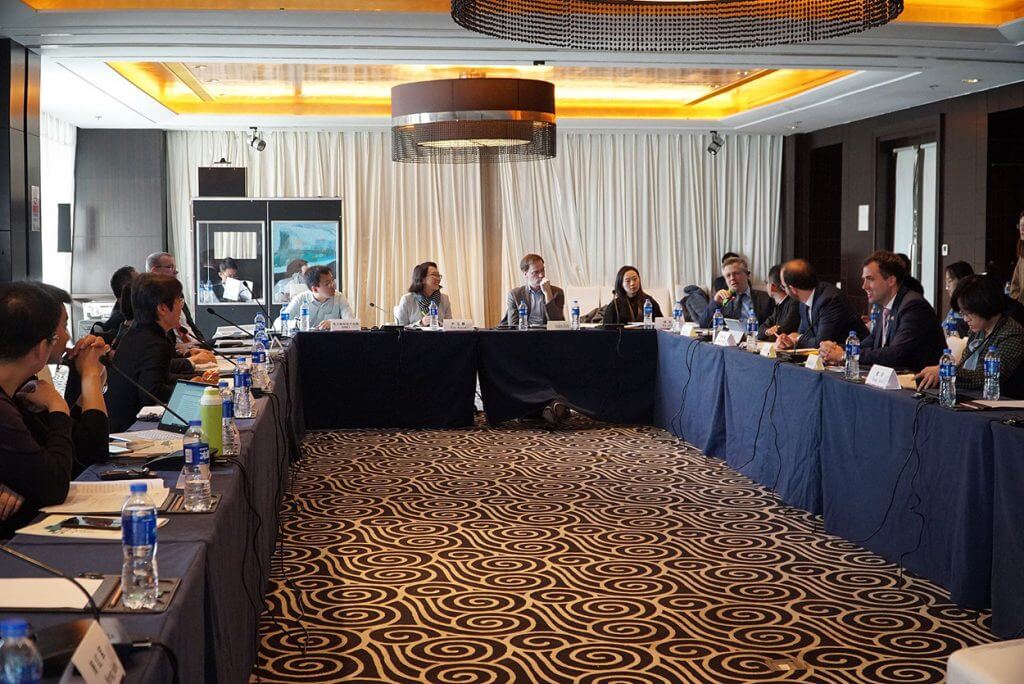As part of its energy transition, the German Government has set itself the target to reach near carbon-neutrality by 2050. China wants to peak its greenhouse gas emissions by 2030. In the first half of 2019, 44% of Germany’s power demand was covered by renewable energy. The share of renewables is to rise even further in the future. Nevertheless, renewable energy – especially wind and solar – pose new challenges to power systems. Renewable generation is largely variable and difficult to forecast. Hence, power sector flexibility plays an important role in integrating the rising share of variable generation (VG) into power systems. This is why flexibility concepts are core to the discussion about a reliable integration of wind and solar generation into power systems. However, how can flexibility be ensured in power systems with high VG shares?
To find answers to this topic and share German best practices, the Sino-German Energy Partnership commissioned the study: “Incentivizing Flexibility: The Role of the Power Market in Germany”. The study examines flexibility enablers in the German power market. On October 30, Chinese and German experts gathered in Beijing to discuss the study results, market mechanisms and flexibility options. More than 40 German and Chinese experts from government institutions, academia and the energy industry participated. GIZ and China Electric Power Planning and Engineering Institute (EPPEI) hosted the workshop in the framework of the Sino-German Energy Partnership.
The study highlights how changes in the system design and operation, as well as market liberalization and the introduction of spot markets and intra-day trading, amongst others, has helped Germany to increase system flexibility and provide optimal conditions for the grid-integration of renewable energy.
Click here for the study “Incentivizing Flexibility: The Role of the Power Market in Germany”



